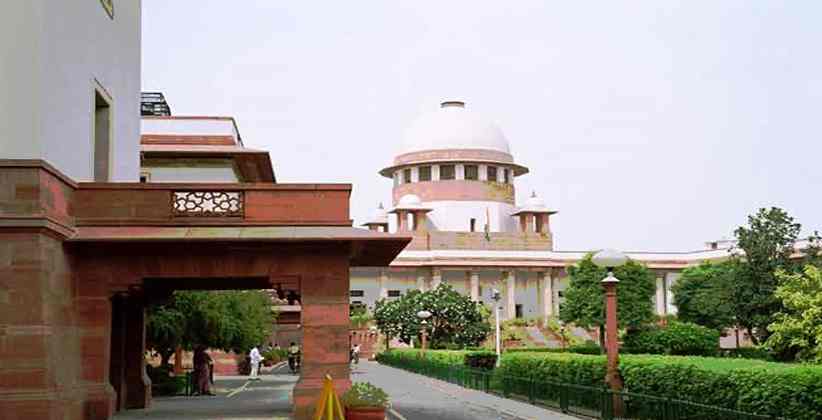The Honble Supreme Court of India on Wednesday, August 5th, 2020 passed their judgement for the case, Medipol Pharmaceutical India Pvt. Ltd. v/s Post-Graduate Institute of Medical Education & Research, where they observed that in case there is a substantial unexplained delay in examining a sample by the Drug Authorities then any penalty under Drugs and Cosmetics Act,1940 can be rendered as void referring to the evaluation and result of the sample.
Medipol Pharmaceuticals, a pharma company which was blacklisted for 2 years, initially filed a write petition in Punjab and Harayana High Court which was dismissed, therefore, the company filed an appeal in the Supreme Court of India. The 2- judge bench comprising of Justice R.F. Nariman and Justice Navin Sinha, in the appeal, observed that there was a substantial delay due to which the sample that was sent for testing was beyond its shelf-life by 8 months.
The Apex Court after contemplating precedents concerning the issue of delay in sample analysis under the Drug and Cosmetics Act, Prevention of Food Adulteration Act and Insecticides Act, observed that they lay down that a valuable right is granted to a person who is penalized under these Acts to have a sample tested by the Government Analyst that is found against such person. The sample is to be tested by a superior or appellate authority, namely, the Central Drugs Laboratory. These judgments lay down that if owing to delay which is predominantly attributable to the State or any of its entities, owing to which an article which deteriorates with time is tested as not containing the requisite standard, any prosecution or penalty imposable by virtue of such sample being tested, cannot then be sustained.
It was further observed by the bench, that, We have seen that on the facts of this case, the sample drawn and analyzed by the Government Analyst was delayed for a considerable period resulting in the sample being drawn towards the end of its shelf life. Even insofar as the samples sent to the Central Drugs Laboratory, there was a considerable delay which resulted in the sample being sent and tested 8 months beyond the shelf life of the product in this case. It is thus clear that the valuable right granted by Section 25 of the Drugs and Cosmetics Act kicks in on the facts of this case, which would necessarily render any penalty based upon the said analysis of the sample as void.
The bench set aside the blacklisting order also observed that the State cant act arbitrarily in any form and they must be rational and just while employing their power of blacklisting a company.







